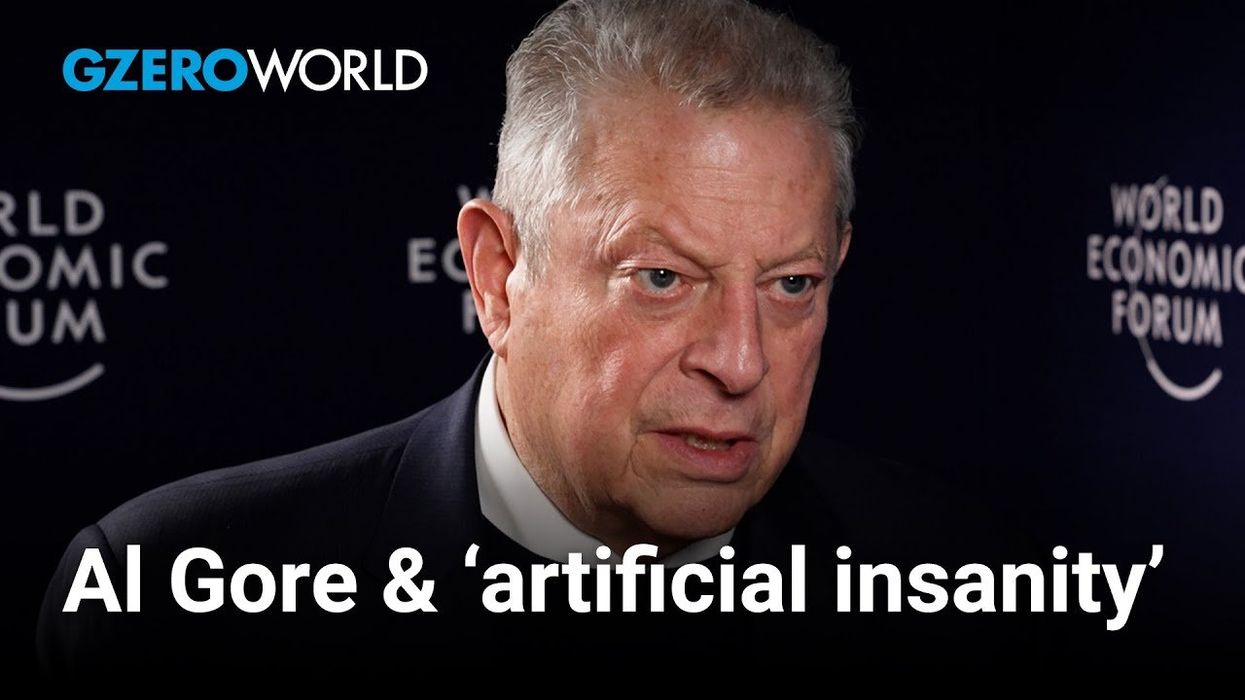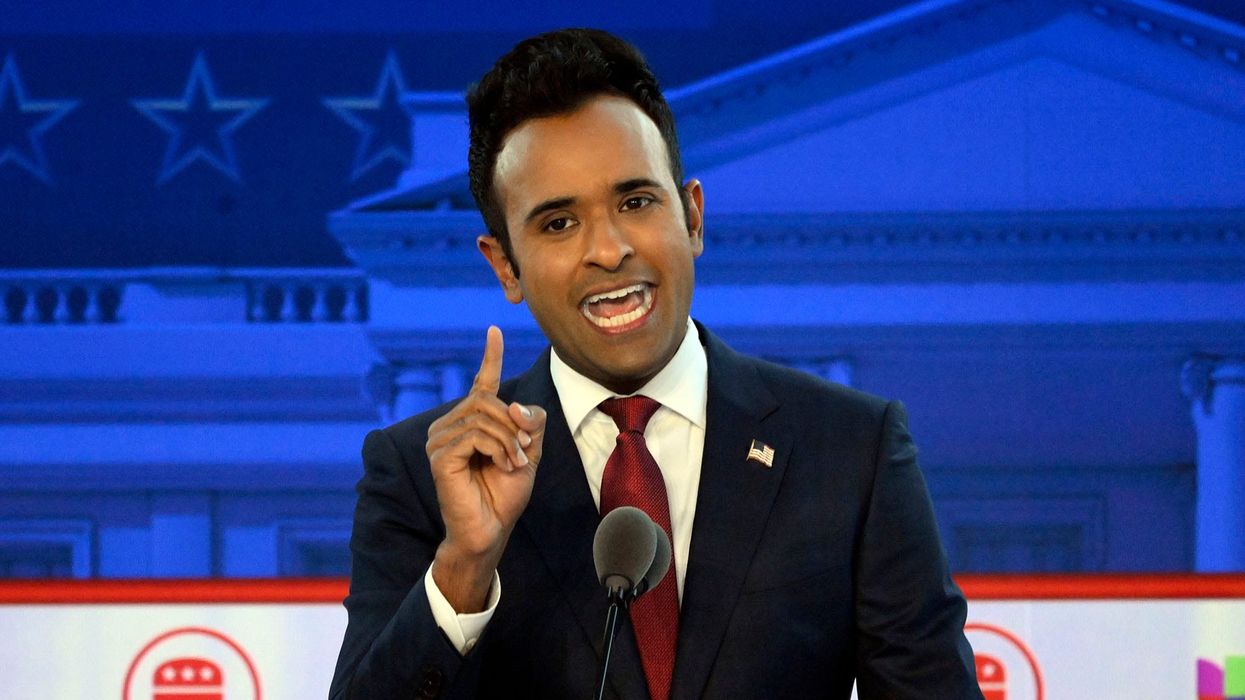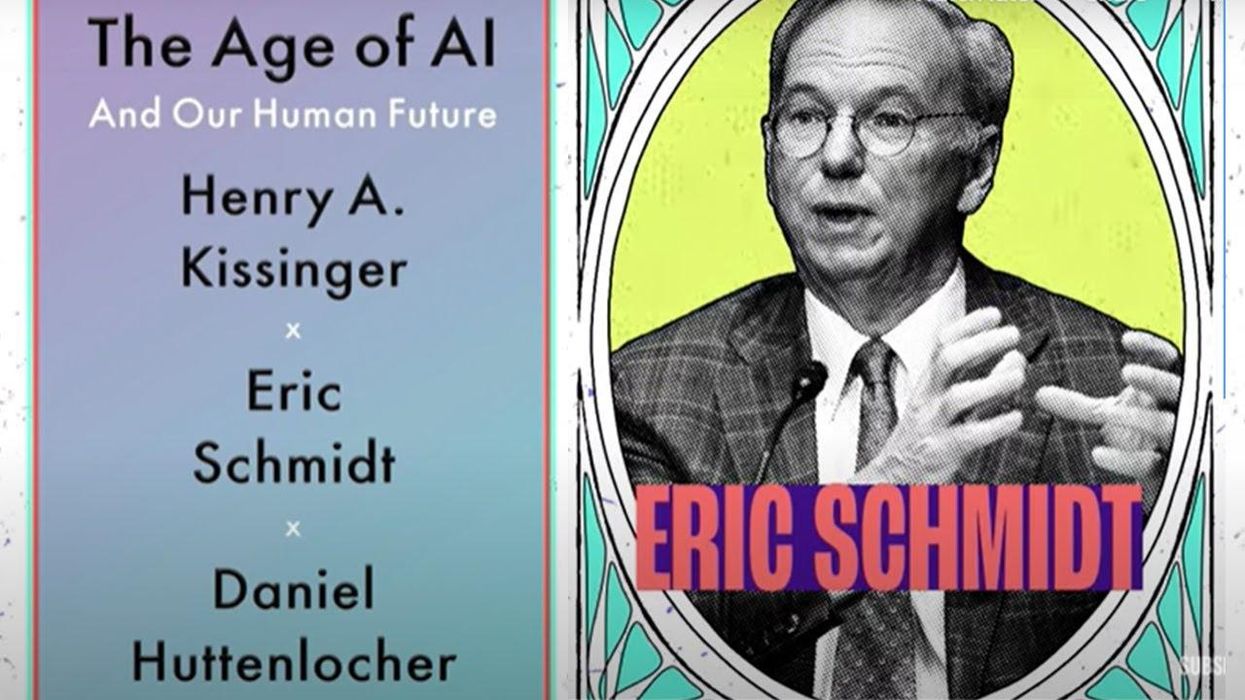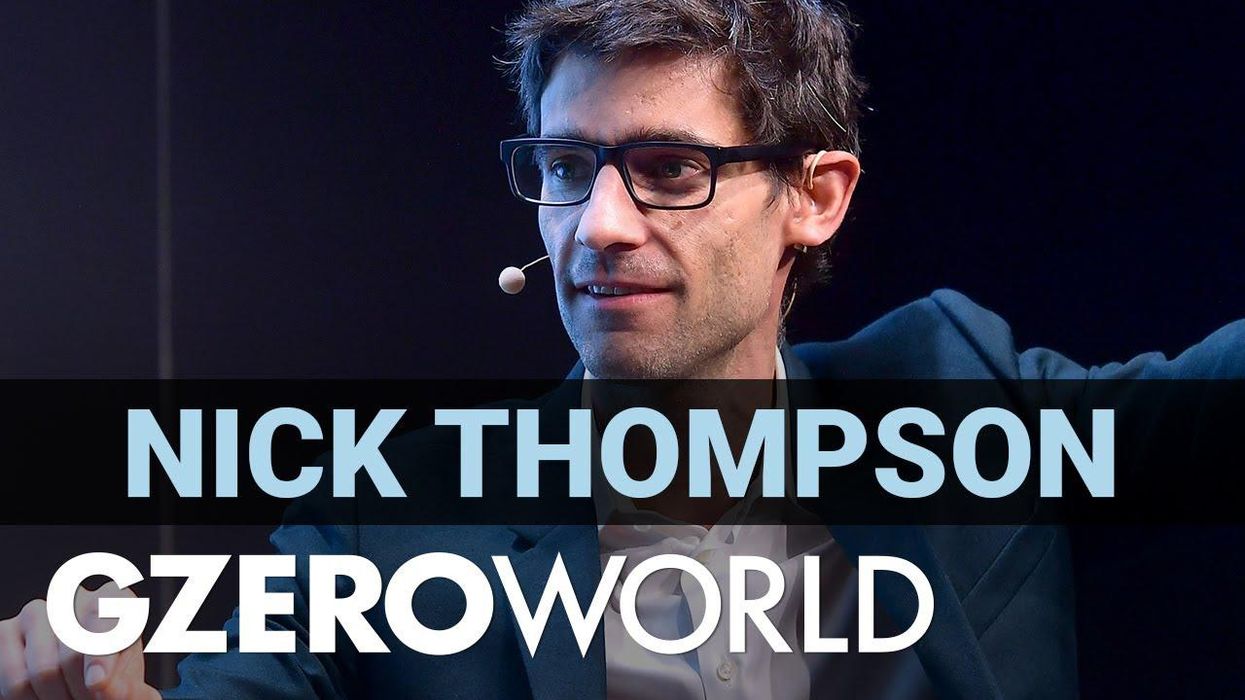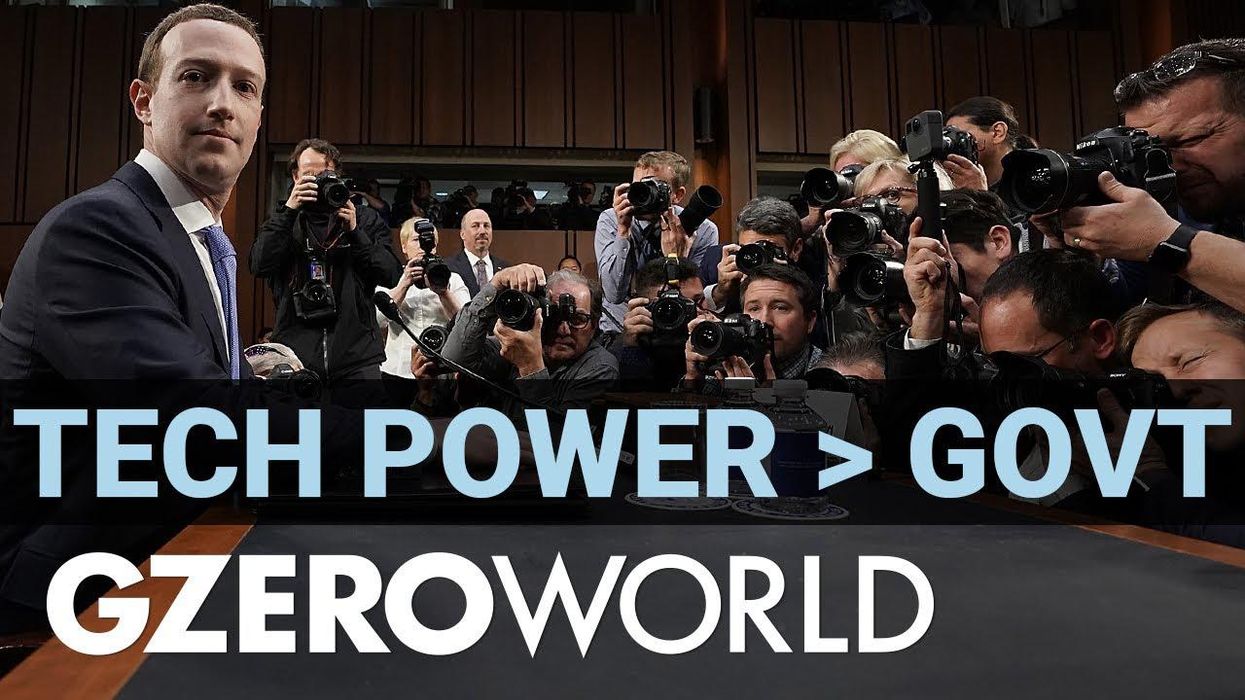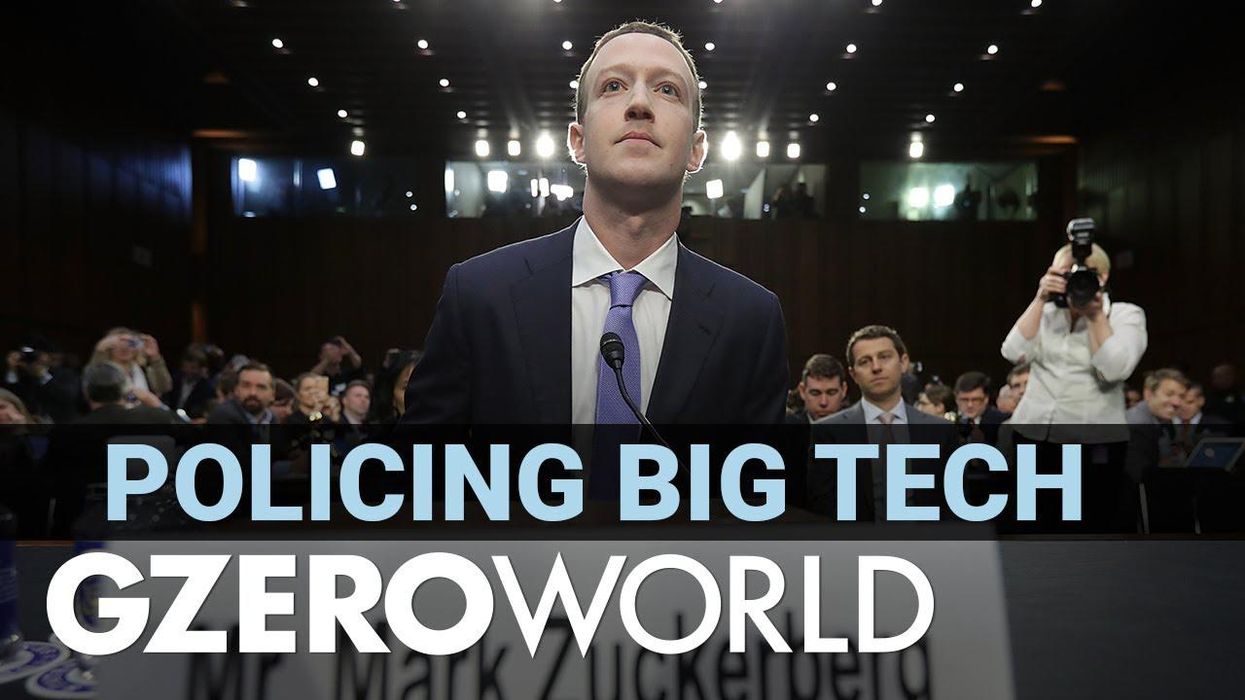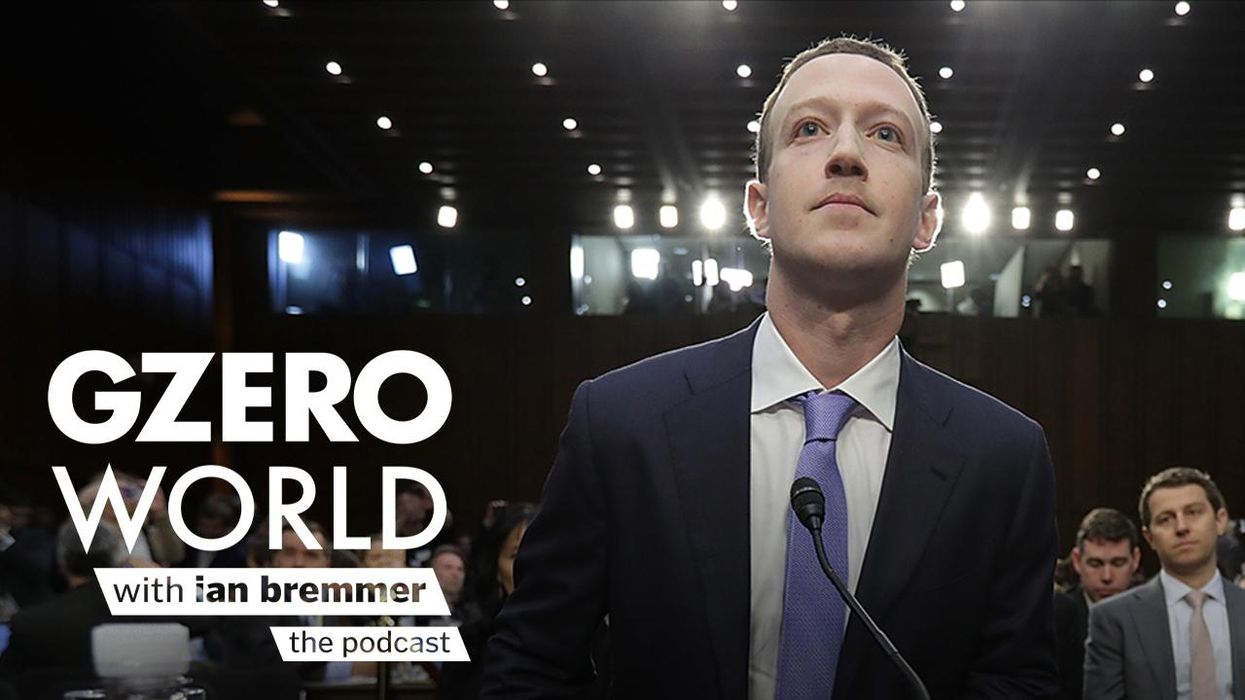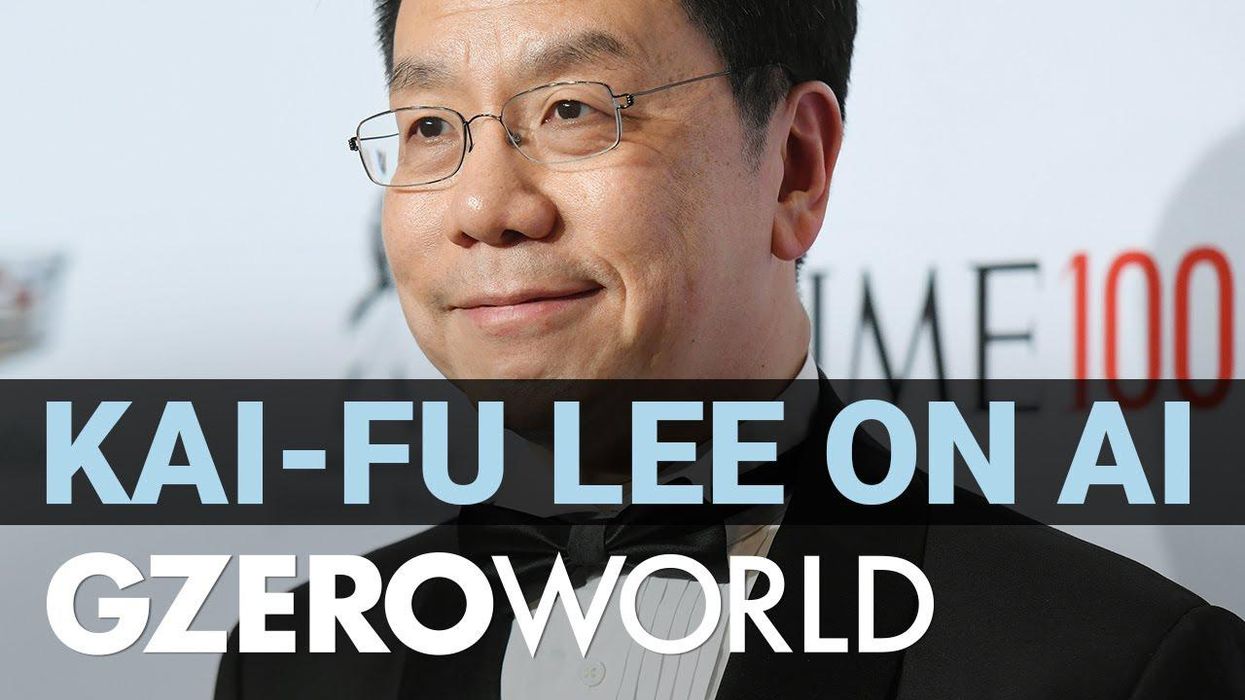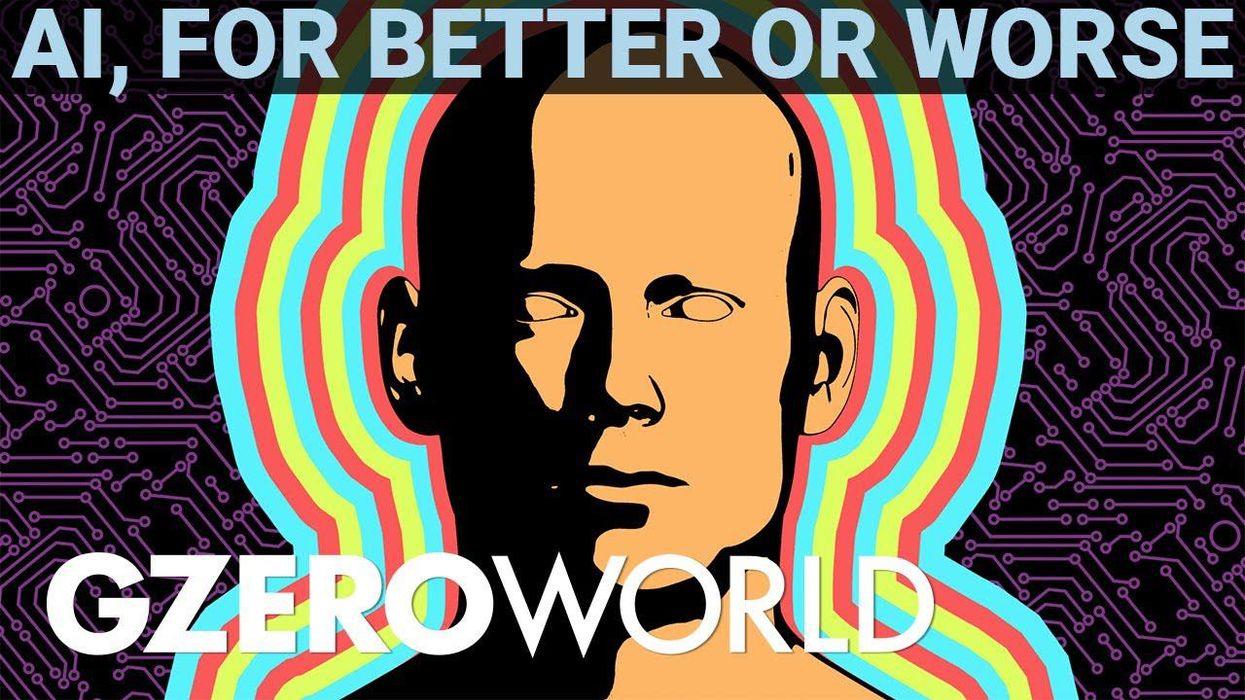Analysis
Opinion: Social media warped my perception of reality
Whether it's baseball brawls or political polarization, social media gives us all a warped picture of the world. Why is that, and what can we do about it? Senior Writer Alex Kliment takes a look.
Oct 10, 2024

